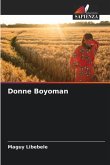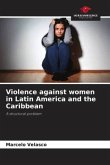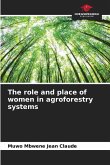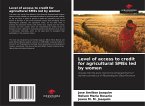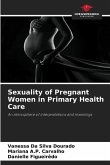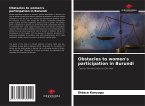Despite the international legal texts ratified by our country, and many other laws protecting women, Congolese women in general, and those of the Tshopo province in particular, continue to suffer various kinds of discrimination, starting with the non-application of legal texts, through retrograde customs and practices that infringe on their emergence and empowerment, to the lack of gender culture on the part of many men. This book outlines the difficulties faced by different groups of women in Kisangani Boyoma (physically handicapped women, albino women and their mothers, blind women, deaf-mute women), and adds to this list the under-age girls who have been raped and whose parents accept gifts from their executioners to keep the matter quiet. This book is the umpteenth plea from the women of Tshopo, and more specifically of Kisangani, for the whole world to pay particular attention to their situation, so that the men and women of Tshopo are equitably involved in the management ofpublic affairs, and that the rights of women are respected by all, as stated in our legal texts for sustainable development.
Hinweis: Dieser Artikel kann nur an eine deutsche Lieferadresse ausgeliefert werden.
Hinweis: Dieser Artikel kann nur an eine deutsche Lieferadresse ausgeliefert werden.



